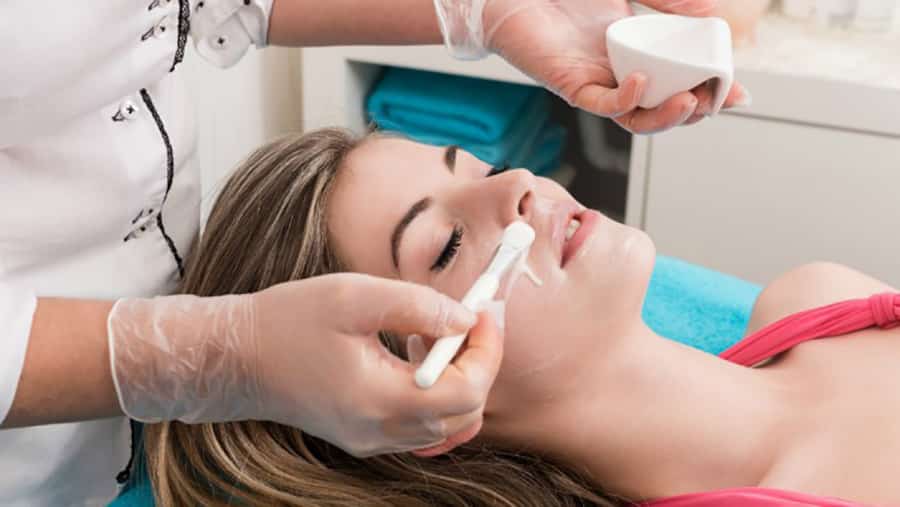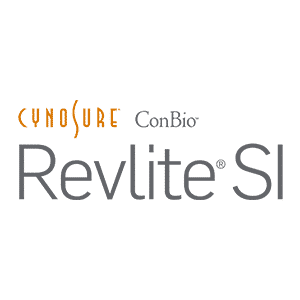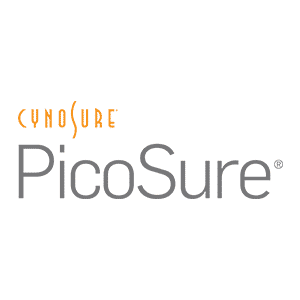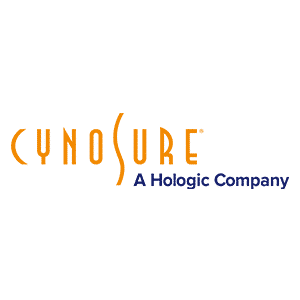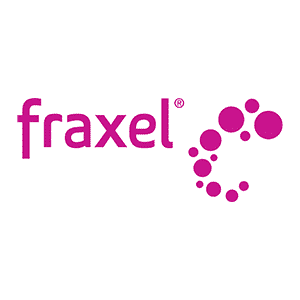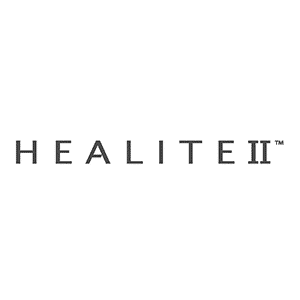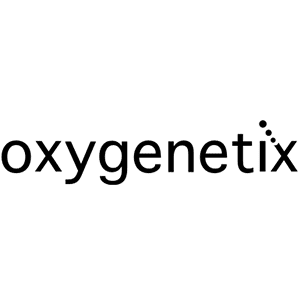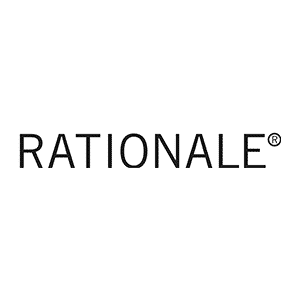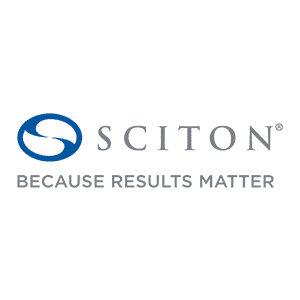Vitamin A thickens and stimulates the Dermis, this is where your collagen, elastin and blood vessels are. In turn it assists in reducing wrinkles (anti-wrinkle treatment) and increases blood flow to the surface of the skin. Vitamin A actually increases the deposition of collagen and slows the breakdown of your collagen and elastin from normal aging.
There are a number of different benefits of using topical Vitamin A ranging from:
- normalises blood flow and helps reduce the symptoms of rosacea and wound healing
- exfoliates – making skin smooth and even toned
- repairs the cellular structure of the epidermis – optimising your UV protection
- decreases clustering of melanin granules – so reduces brown spots or pigmentation
- decreases sebum production and treats acne brilliantly
- promotes a healthy cellular membrane
- asssists with prevention and reduction of pre-cancerous skin lesions
- improves hydration both in and around the cell
The effects of topical Vitamin A do not last long after you stop applying it topically. Vitamin A is available in many forms.
Retinyl palmitate
Retinyl Palmitate (and Retinyl Acetate) is the most abundant form found in the human body. It is the least irritating but also the slowest acting of the topical Vitamin A choices.
Retinol
Retinol provides less irritation but also less impact than the first two forms. This is the most common over the counter version of topical Vitamin A. Topical Vitamin A increases sun sensitivity and is more safely used at night. Always wear sun protection of at least an SPF15+, or ideally SPF30+, while on a Vitamin A regimen.
Retinaldehyde
Retinaldehyde is an aldehyde that readily converts to retinoic acid via oxidation. Retinaldehyde is less drying and irritating than pure retinoic acid, but more so than retinol. Retinaldehyde is also less potent than retinoic acid and more potent than retinol.
Retinoic acid
Retinoic acid is the most powerful and most irritating form of topical Vitamin A. There is a limit to how much retinoic acid the skin can use and whatever retinoic acid is left over simply hangs out on the surface of the skin causing irritation in the form of a little red bumpy rash often called a “Vitamin A” rash.
